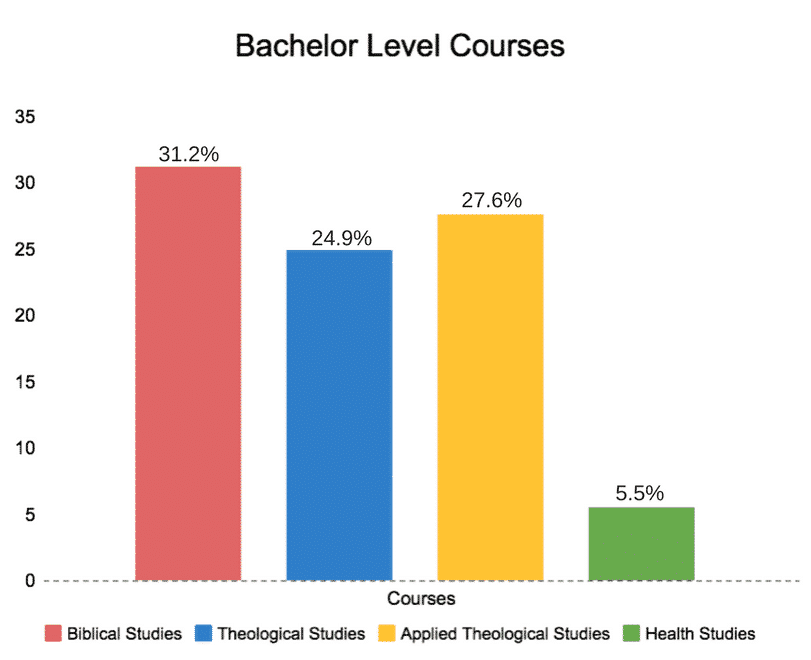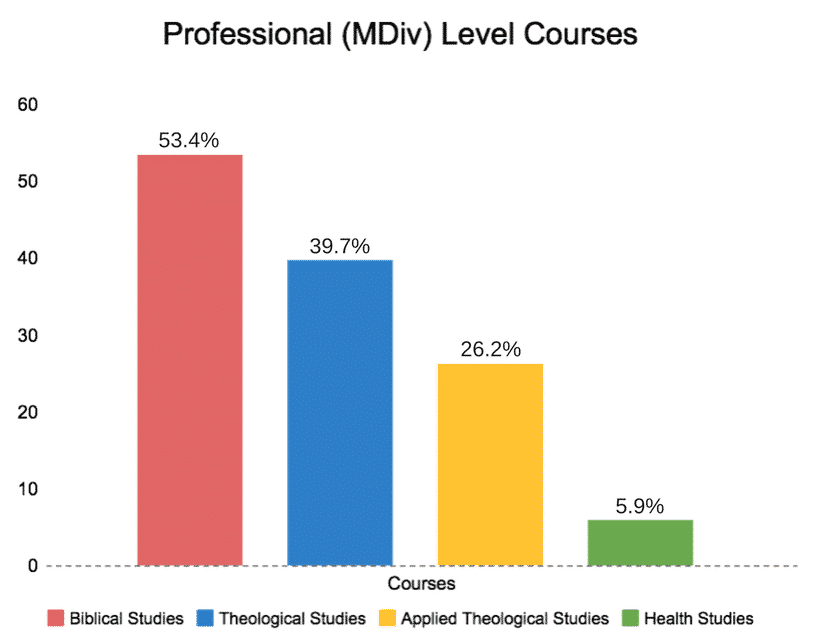Don’t you know that you yourselves are God’s temple and that God’s Spirit dwells in your midst? If anyone destroys God’s temple, God will destroy that person; for God’s temple is sacred, and you together are that temple.
– 1 Corinthians 3:16-17 (NIV)
One of the cornerstones of the Seventh-day Adventist Church is its health message. Traditionally, this includes abstaining from the use of unclean meat, alcohol, tobacco products, and drugs, but may include abstaining from eating any meat or even using any animal products. The values of daily exercise, water intake, and adequate sleep have also been emphasized.
While Adventists today may vary in their approach to these health principles, the principles themselves have not changed. They hold timeless value – and benefit – to all who embrace them.
Throughout her written works, Ellen G. White gave clear counsel about the importance of including health education in Adventist curriculum. (For specific counsel, check out Fundamentals of Christian Education, p. 26 426-427.) Because of the centrality of the health message to Adventism, one might wonder how Adventist colleges and universities equip those on a ministerial path to understand and teach the health message.
A recent survey (2014) conducted by the General Conference Office of Archives, Statistics, and Research found that at most Adventist colleges and universities, mission courses are more likely to be included in ministerial training curriculum than are courses that cover the Church’s health message. In addition, health courses are not a core, integral part of ministerial curriculum overall.
This study also discovered that:
- At the 33 institutions that offer theological and health courses at Bachelor level, an average of 31.2% of bachelor degree curriculum was devoted to Biblical Studies, 24.9% to Theological Studies, 27.6% to Applied Theological Studies, and a mere 5.5% of curriculum to Health Studies.

- Of the three institutions that offer professional degrees (MDiv), an average of 53.4% of the curriculum was dedicated to Biblical Studies, 39.7% to Theological Studies, 26.2% to Applied Theological Studies, and only 5.9% to Health Studies.

- Of the three institutions that offer masters programs in ministerial education, students on average spent:
- Biblical Studies students – 3.3% of their hours in Health studies
- Theological Studies – .8% of their hours in Health studies
- Applied Theological Studies –20.8% of their hours in Health studies
- Of the four institutions that offer doctoral programs in ministerial education, students on average spent:
- Biblical Studies students – 5.4% of their hours in Mission courses
- Theological Studies – 0.5% of their hours in Mission courses
- Applied Theological Studies – 4.8% of their hours in Mission courses
While it is encouraging that each degree program does include some element of Health and Mission education, it is far from the centrality that Ellen White emphasized. If newly trained ministers are not being adequately equipped with how to convey the health message to their congregations, they will probably find themselves challenged when it comes to addressing this important Adventist teaching.
More importantly than any church doctrine or teaching is this: in the Bible, we are reminded time and time again that our bodies belong to God and because of this, it is important that we care for them. This should prove to be the ultimate motivation for not only caring for our own bodies, but for ensuring that the next generation of pastors and ministers is equipped to share the importance of the health message with all those to which they minister.
To read the full report, click here.
To view a PowerPoint presentation containing the same information, click here.
Created in collaboration with the Institute of Church Ministry.

